Is it Wise to Use a Credit Line For Business Startup?
Topic
- Around India with MoneyTap 1
- Consumer Durable 1
- Credit Cards 32
- Credit Score 27
- Finance 33
- General 52
- Know MoneyTap Better 26
- MoneyTap 50
- MoneyTap in Daily Life 38
- Personal Loan 86
- Shopping on EMI 4
- Wedding Loan 1
Starting a business, more often than not involves a significant financial investment. It is not surprising that entrepreneurs turn to lines of credit at the outset. After all, a business involves a host of financial transactions that cannot be avoided. Supplier payments, operating expenses, payroll and cash flow arrangements must happen in a timely manner. According to a survey by the Pioneer Institute, loans from relatives and credit card borrowing emerged as the two foremost sources of business financing for companies with less than 5 employees. But is it really safe and sound to turn to a line of credit? The glitch lies in most entrepreneurs not understanding what it means to feed personal credit into business- there is less understanding about the process and whether it is suitable.
Credit Line for Business Startup
A line of credit is a finance source that allows the user to withdraw funds, against an outstanding balance. They can be of two types:
Business Line of Credit
Securing this is not easy. The lending institution, will evaluate the business on three parameters: credit, cash flow and collateral. The business owner must reflect a good personal credit history. He needs to have sufficient cash flow to guarantee repayment, and a suitable collateral asset to fall back upon. Many of these schemes are backed by the Small Business Administration (SBA) and are offered through the SBA (7a) Program. Some banks also insist upon additional criteria such as minimum number of years of operation, minimum net worth, monthly certifications, minimum liquidity ratios etc. This makes it difficult for brand new startups to secure a business line of credit.
Personal line of credit
This is easier to get. This can either be credit based on your personal asset (Home Equity Lines Of Credit), or an unsecured credit line based on personal credit history (like a credit card). Both of these works like a personal credit card, with a credit limit, a monthly bill and minimum payment dues. It works in a revolving fashion, so that once you pay off the outstanding, the line is available for reuse. However, note that your personal assets are at risk, in case of a default. Hence use it only for the essentials and activities that shall rake in the revenues. Note that for a sole proprietorship, any business debt translates to personal debt, with no distinction. This means that a business slump will affect your personal credit rating too.
When to Use a Line of Credit
Selecting the type of credit line depends on whether the business is capable of getting a business credit line, appetite for risk and repayment capacity. The positive aspect of opting for a credit line is that it helps in managing short-term cyclical finances, mostly daily operations that are small scale. It can help with cash flow issues and ensure business continuity in emergency situations. Also, unlike a standard business loan, the bank does not charge any interest on the unused credit. The terms of a credit line are quite flexible, as long as one is within limit. Once you have it, it is available anytime, easily. It helps you focus on business growth and not worry about day to day cash inputs.
On the flip side, credit lines are difficult to get than other financing options. The flexibility can vanish once you reach the limit. The credit limit is not easy to increase. It is therefore, ideal for the user to achieve a zero-balance at some point every year in order to maintain a good credit score. The caveat lies in the fact that this may not be feasible for most businesses.
Contrary to popular perception, a line of credit differs from a credit card. The fees involved in the former are not so high and the interest rate is adjusted according to the market scenario. Also, pre-payment is generally possible in a business line of credit, without any hefty charges. This is definitely an advantage over even corporate credit cards, which charge high interest.
When Not to Use a Line of Credit
Businesses must refrain from using lines of credit for heavy investments such as machinery, real estate leases and other huge capital expenditures.
Ultimately opting for a line of credit boils down to a choice between cost versus flexibility. Lines of credit can be initially cheap, but provide limited flexibility above a certain level. One must evaluate all possible options such as bootstrapping, credit cards, loans from family and friends, customer pre-payments, SBA microloans, peer to peer lends, invoice factoring, crowdfunding and then arrive at a decision.
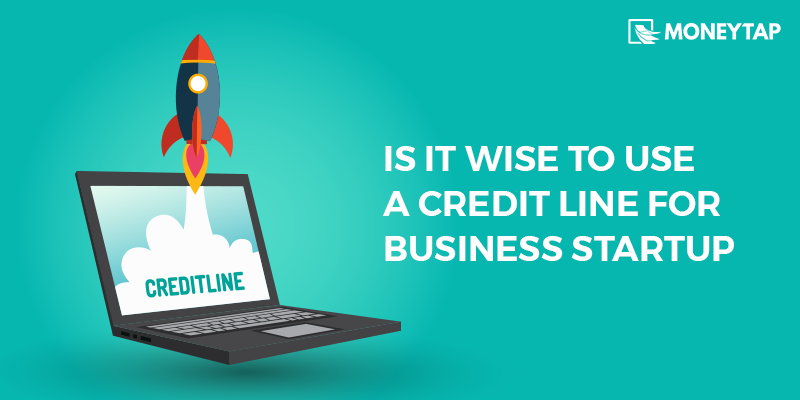
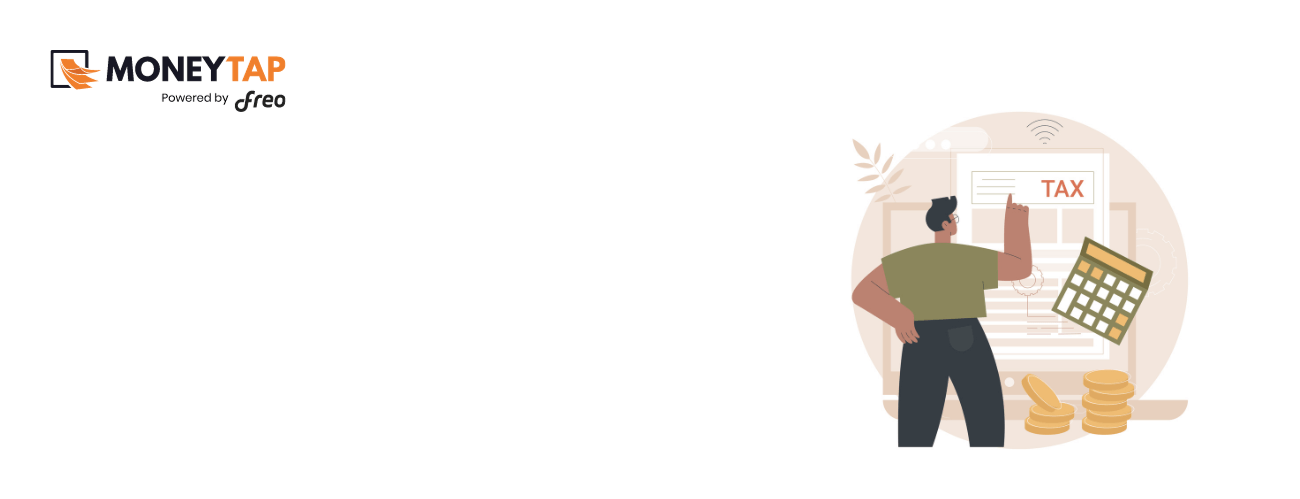
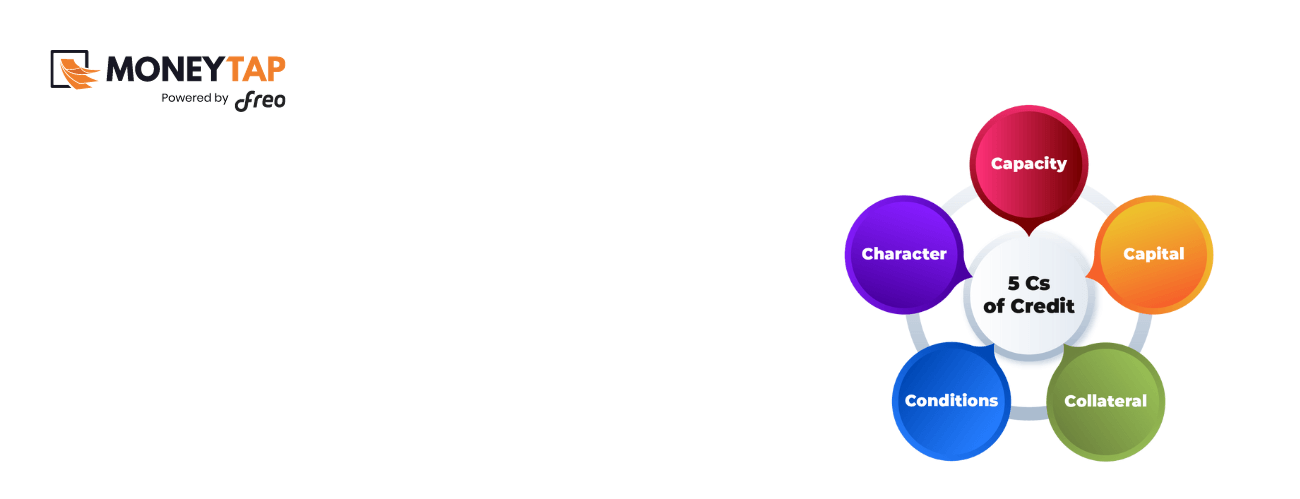

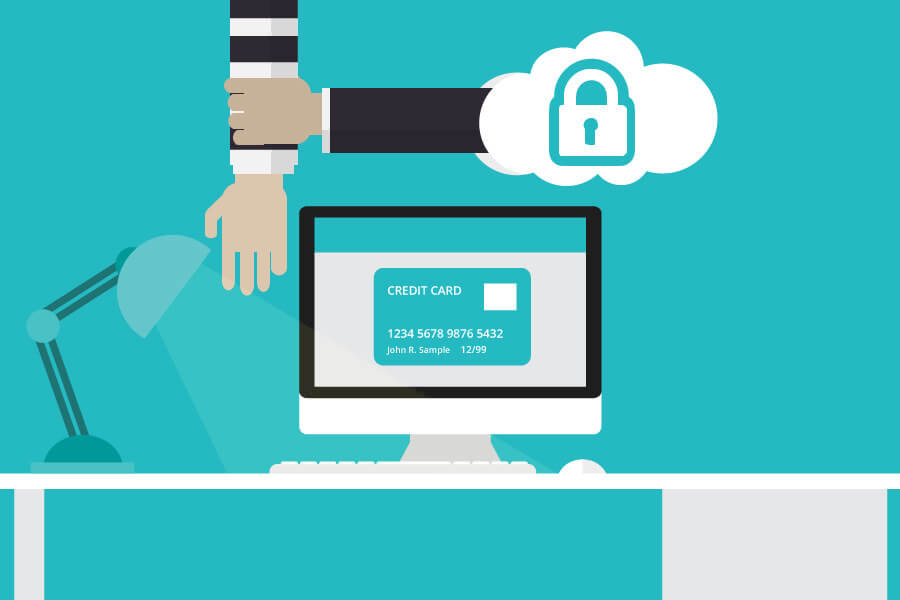
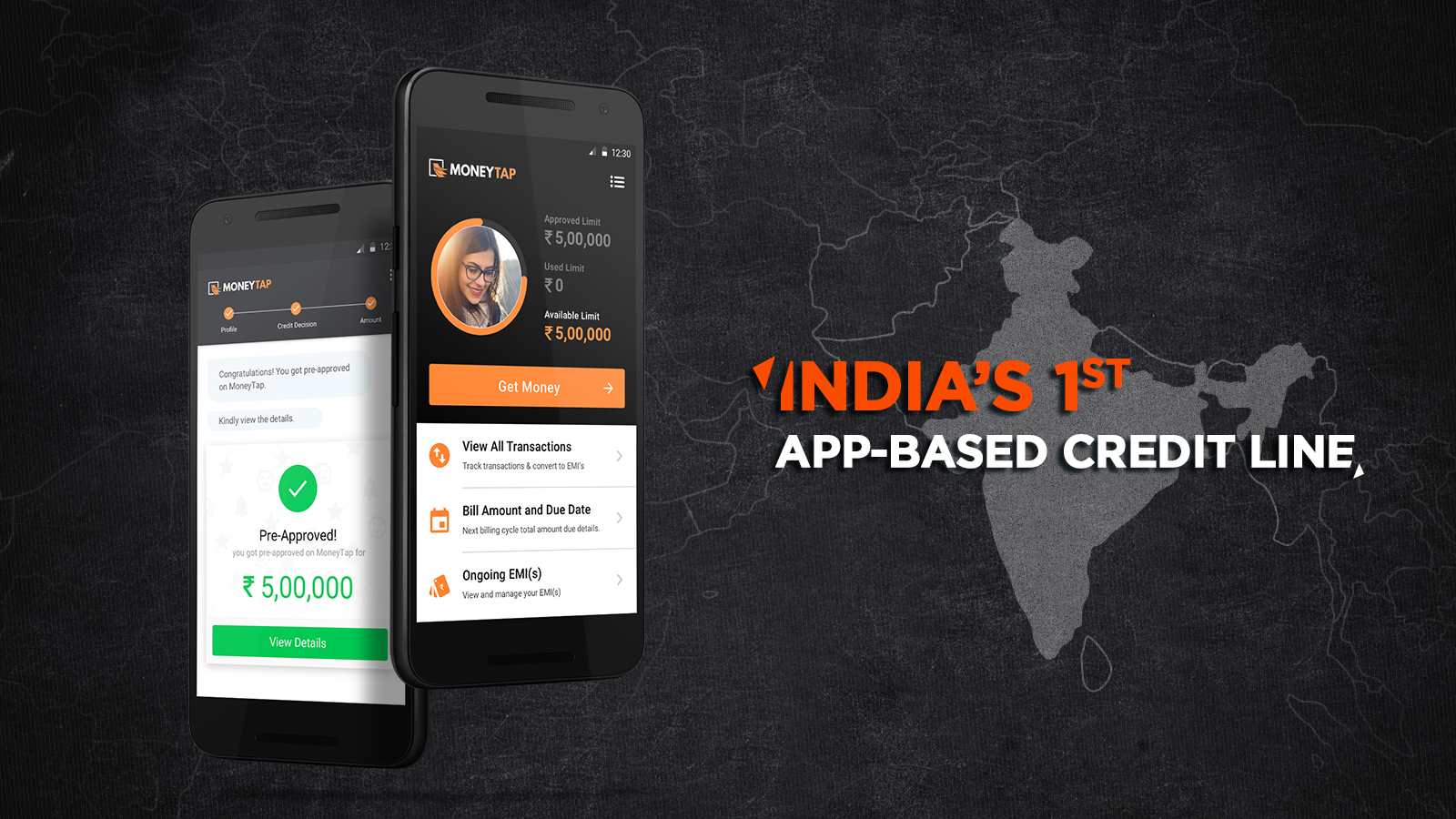





 Get it on playstore
Get it on playstore Get it on appstore
Get it on appstore